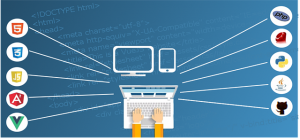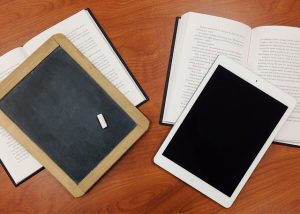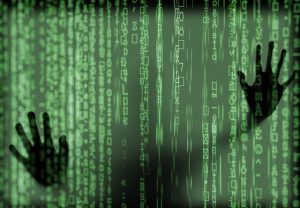
As an educator I find that there is nothing more important than collaboration. Firstly, I have learned more from talking with other teachers, than I did in any course or class I have been in. Not to say there is not a place or time for course work, as there are important academic elements and theories that educators need to know. However, for the practical implementation and pedagogical development, I have found COLLABORATION IS KEY.

I am very fortunate to share an office space with my colleagues. This leads to many impromptu meetings and collaboration sessions. And more importantly the rambling brain work of creating amazing things that could be done in our school. Not only does collaboration give you the space to develop ideas and be creative, it is also a great sounding board and provides a committee for problem solving. I have spent many a lunch hour proposing issues and getting incredible feedback and ideas for solutions. I have found that the community of teachers/colleagues you surround yourself with is EXTREMELY IMPORTANT to becoming an effective educator.
Now although I benefit from a supportive group in the building, there are many ways to develop a collaborative community outside of your school building. For example, participating in social media with fellow professionals, or building relationships through educational endeavors.
This week in class, we participated in an Ed Camp – where we were able to meet in small groups and discuss topics of interest. I spent the time in a group discussing blended learning and online learning environments. From this discussion we elaborated on how the U-Connect program works and some of the challenges and barriers we face.

The recurring theme was the idea that students don’t have the skills to navigate online education when they enter school and that success rates in online learning could be better. After some discussion, the U-Connect teachers came up with an idea to create a 2 credit course that teachers all the practical skills required to be successful in an online education program. If we had not had the opportunity to collaborate and discuss blended learning with a larger group of teachers, we would have never developed the idea to prepare students for online education in an independent course.
COLLABORATION IS KEY. Period. The end. It allows educators an opportunity to become better professionals and better educators. It also allows programs to change and adapt for the needs of their students.

Images retrieved from the public domain Pixabay.






Recent Comments